Bookworm: January 2024
Land of Milk and Honey, Firestarter, The Chalice of the Gods, Lessons in Chemistry, The 15 Commitments of Conscious Leadership
This post contains an affiliate link or links. If you use a link to buy a book, I may earn a small commission. You can find all the books that have been featured in this newsletter in my Bookshop store.
Welcome to the first edition of the 2024 Bookworm! New year, new format. You’ll see a Table of Contents, featuring five of my reads of the past month, then a blurb about each book. Let me know in the comments what you think. And thanks for being here.
Table of contents
Dystopian fiction: “Land of Milk and Honey,” by C. Pam Zhang
Thriller/science fiction: “Firestarter,” by Stephen King
Fiction inspired by Greek/Roman mythology: “Percy Jackson and The Olympians: The Chalice of the Gods,” by Rick Riordan
Humorous (?) fiction: “Lessons in Chemistry,” Bonnie Garmus
Business: “The 15 Commitments of Conscious Leadership: A New Paradigm for Sustainable Success,” by Jim Dethmer, Diana Chapman, & Kaley Warner Klemp
“Land of Milk and Honey”
For Christmas my husband gave me C. Pam Zhang’s new novel because he’d heard an NPR piece about it. He got lucky: I’m a big fan of Zhang’s debut novel, “How Much of These Hills is Gold,” which takes a Chinese American perspective on California’s Gold Rush.
In “Land of Milk and Honey,” Zhang takes a foodie perspective on dystopia. A widespread smog has blocked the sun and devastated agriculture, forcing humankind to subsist primarily on a gray flour made of mung and soy beans and algae.
No more lemon trees fragrant on the slopes of Greece, no more sugarcane striping Vietnam, no more small, sweet Indian mangos. Wildlife and livestock perished for lack of feed.
Our narrator is a Chinese American cook who lands a coveted job as the private chef for a research community in Europe. It’s run by a rich and powerful man who’s responded to the food crisis in a way reminiscent of Elon Musk: He’s created a mountaintop retreat, high enough to still receive solar rays, where a browbeaten workforce nurtures a gastronomic heaven. Only the very wealthy can ascend to this land where they feast on otherwise unattainable meals. In return, their host seeks their investment in a top-secret project.
Like the guests skeptically eyeing the dishes our chef places before them (woolly mammoth, anyone?), I wasn’t sure at first what to make of “Land of Milk and Honey.” But as Zhang peeled back the layers of her story, I found myself as drawn in as the guests who capitulated to their curiosity.
“Firestarter”
There I was reading Ann Patchett’s novel “Tom Lake” last month when the narrator mentioned the books she and a friend were reading: Boris Pasternak’s “Doctor Zhivago” and Stephen King’s “Firestarter.” I had read neither, so checked out both from the library. I expected to like “Zhivago,” given a teenage obsession with Russian literature, and to be lukewarm about “Firestarter,” given King’s reputation for disturbing stories.
It was the other way around. I trudged maybe halfway through “Zhivago” before deciding that reading it felt like too much like homework, between the countless characters and the abruptly shifting perspectives and timelines (I probably would have enjoyed it more as part of a lit course). “Firestarter” was a page-turner from the start, with a man and his young daughter on the run from some mysterious foe, and with the man in possession of some sort of psychic power. Add a covert academic experiment and a government cover-up, and you’ve got the kindling for an incendiary thriller.
“Percy Jackson and The Olympians: The Chalice of the Gods”
One of the great moments of junior high was when I walked into my 8th-grade English classroom for the first time and saw the back wall papered with scenes from Greek mythology, which I’d devoured as a younger child. I felt instantly at home. Decades later, I happily joined my older son in reading Rick Riordan’s sprawling Percy Jackson and The Olympians series about teenage demigods, the offspring of liaisons between Greek gods and humans, and their adventures.
After about 15 Percy Jackson and The Olympian books, my son and I thought we were done. But wait! Percy and his pals returned this year in “The Chalice of the Gods,” the first title in a new set of stories. Percy, a son of Poseidon, is now a high school senior with his heart set on going to New Rome University, a demigod institution. Problem is, he’s not a shoo-in like his girlfriend, Annabeth (who takes after her mother, Athena, goddess of wisdom). He’ll need three divine letters of recommendation. And so his latest quest begins.
I picked up “The Chalice of the Gods” as a Christmas present for my son and then, because he needed to go back to college, raced through the book before his departure. I was delighted to find it just as chock-full of Greek mythology, just as breezily well written and possibly even funnier than the preceding books. In fact, the humor turned dangerous when I started laughing during a lunchtime read and just about choked. As the kids say, “Dead.” Glad I lived to await the next installment.
“Lessons in Chemistry”
There are certain books that inevitably get slotted into the category of humorous fiction: those featuring people whose situations, if narrated less wittily, would not seem quite so humorous. Think Fredrik Backman’s “A Man Called Ove” or Gail Honeyman’s “Eleanor Oliphant is Completely Fine” or Maria Semple’s “Where’d You Go, Bernadette. Ove is still reeling from the death of his wife when he loses his job, the other love of his life. Eleanor is definitely not fine. Bernadette has left her family. How “quirky,” “wacky” and other such adjectives used by these books’ publishers and reviewers.
Don’t get me wrong. I loved all of the above books. They feature memorable characters caught in relatable struggles. But their marketing glosses over the fact that sandwiched between two big slices of wry are stories about grief, mental health and other quite serious topics.
“Lessons in Chemistry” is yet another best-seller in the category of “humorous fiction.” Bonnie Garmus’ debut novel stars a brilliant chemist-turned-reluctant cooking show host, Elizabeth Zott. She aspires to a career in a lab with other great minds. But she’s made the mistake of living in the 1950s, so she experiences a full range of sexual discrimination and violence. Garmus describes her as depressed. Ha-ha!
I loved this book, too. I’m just over here wondering why we have to attach labels like “quirky” and “wacky” to what is, essentially, the human condition.
“The 15 Commitments of Conscious Leadership”
My employer recently started a book club, and this was the first selection. An email offered a free copy of the book to the first 20 employees to respond; lo and behold, I was among them, and the book showed up a few days later. After that, I felt obliged to read it.
I was in full skeptic mode through the initial chapters, which contained much urging to commit to being more open, curious and committed to learning. Really? But then I found myself re-reading sections and pondering how some of the authors’ suggestions and paradigms might apply not only at work but also outside it. Take the chapter on eliminating gossip, which the authors call “a key indicator of an unhealthy organizational culture.” While I don’t know that it’s possible to have any number of humans gathering consistently without gossiping to some degree, I can get behind a call for less blame and judgment and more direct and solution-centered communication. In fact, I commit to it.
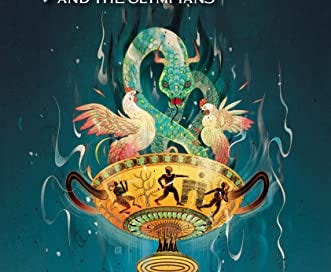


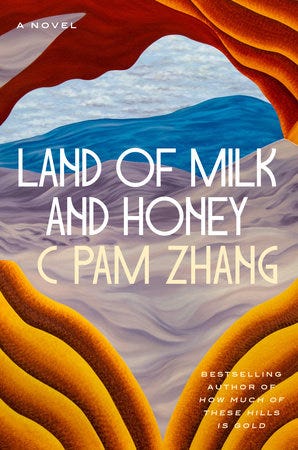
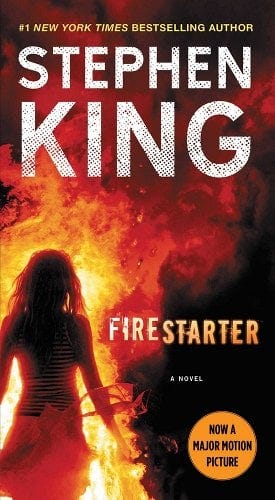

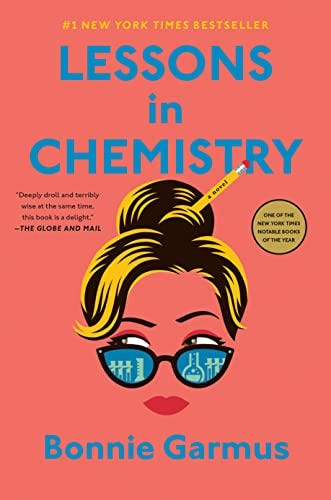
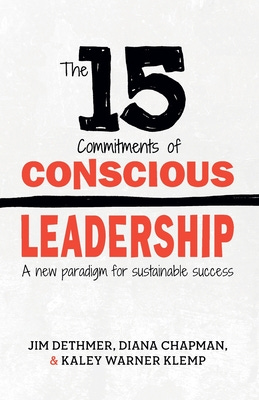
An interesting collection of books, don't agree re Dr. Zhivago, and I don't think gossip is necessarily a negative thing--you have to be able to compartmentalize it, like just about everything else in the culture. As for Tom Lake, which you mention here, it knocked my socks off: I think it may be Kingsolver's best to date, right up there with Lacunae.